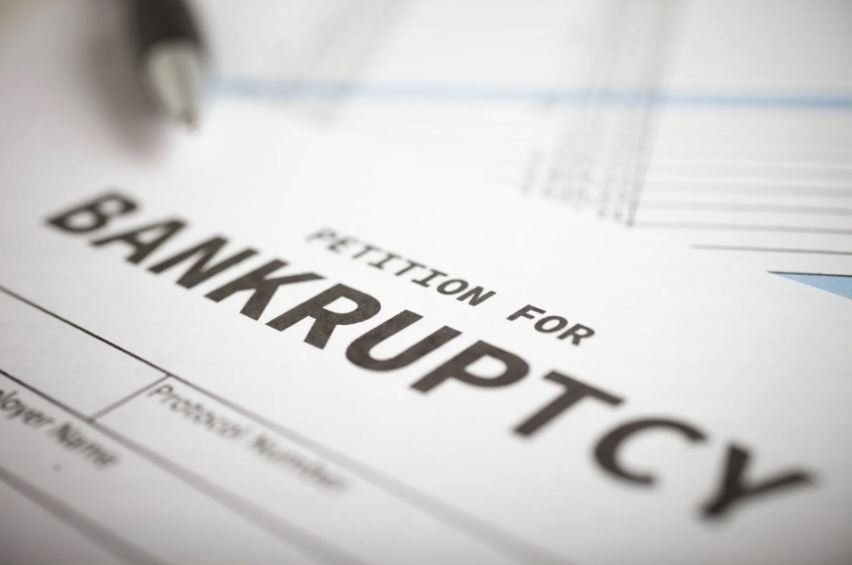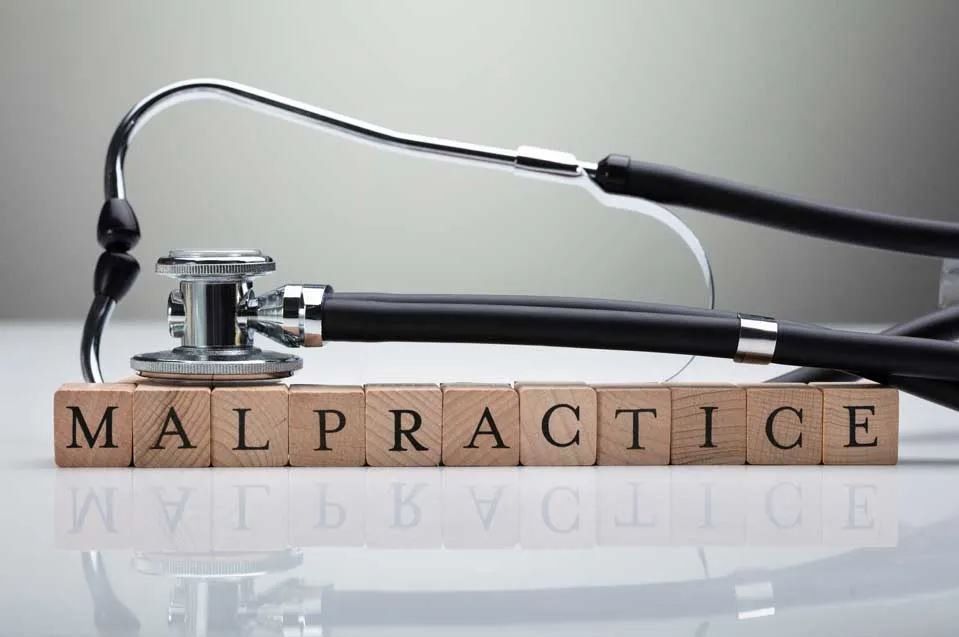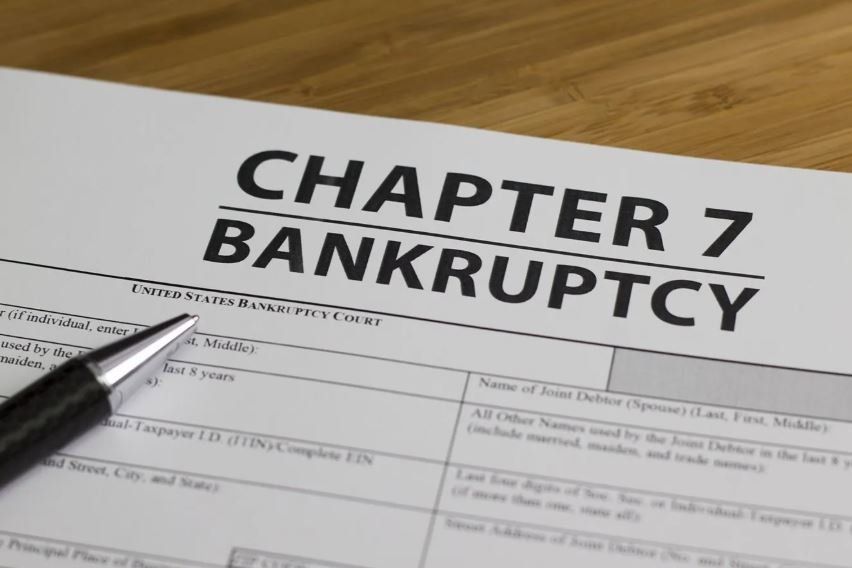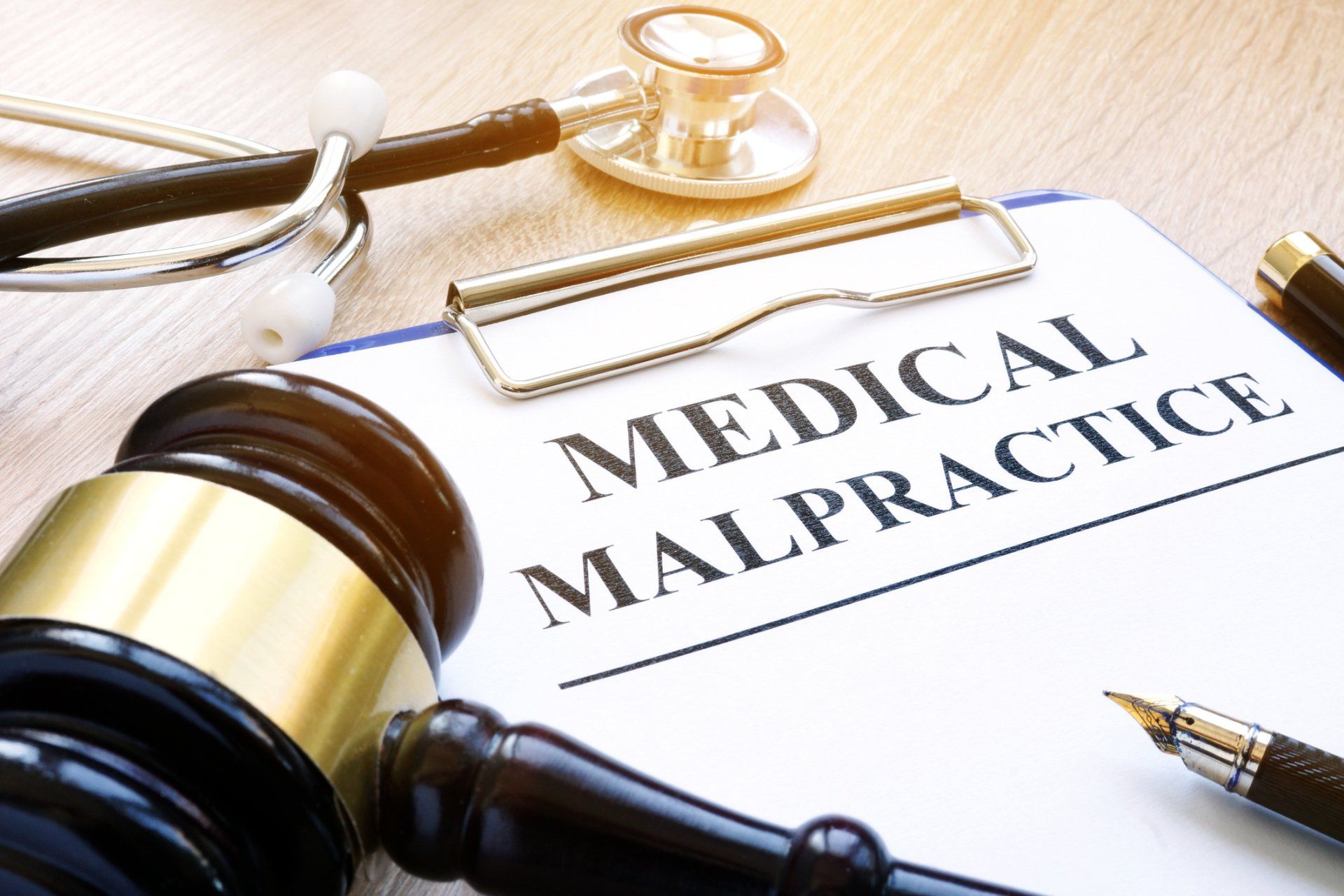Blog Layout
What Are the Pros and Cons of Filing for Bankruptcy?
Admin • August 5, 2019

If you are drowning in debt, you may have considered bankruptcy. Bankruptcy is a major decision that will stick with you for years, but it can be rewarding if you really need it. If you think bankruptcy may be a good choice, check out these pros and cons.
Pro: Most Debt Is Wiped Clean
Most of your everyday debt can be included in your bankruptcy. This includes medical bills, credit cards, and loans. On average, people 18 to 24 have debt of about $22,000. People 25 to 34 have an average of $42,000 in debt. People 35 to 49 have an average debt of $39,000. Last, those 50 and up have about $36,000 in debt.
Most of this debt is credit card bills, loans, and mortgages. However, for younger Americans, much of their debt is from student loans. Unfortunately, wiping your student loans is hard, and you often have to prove a sudden and long-term hardship. Other debts are impossible to eliminate, including child support, alimony, and tax liens.
Pro: You Don't Lose Everything You Own
Filing for bankruptcy may seem scary because you may assume you have to sell everything you own worth value, including your vehicle and car. However, that isn't usually the case.
Bankruptcy exemptions help protect some of your more expensive property, such as vehicles and real estate. Depending on how much you own, how much you owe, and how much debt you keep, you may have to apply for Chapter 13 instead of Chapter 7 bankruptcy. Chapter 13 bankruptcy lasts a few years, and you may have to repay some of the debt.
Con: Your Credit Score Is Negatively Impacted
A good credit score helps determine loan and credit card interest rates. Employers, renters, and many other people check your credit score too, and a low one may lose you a potential job or home.
If you do file for bankruptcy, your credit score will drop significantly, especially if you had a high score. If your score was already low, this might not impact it much. The bankruptcy will also appear on your credit report for years.
Of course, not paying bills and paying bills late can also affect your credit score. Therefore, you may still ruin your credit while also wasting money paying minimum interest rates. If this is the case, bankruptcy could be a great way to save you money and put you back on track.
Con: You Have to Qualify to File
Not everyone can apply for bankruptcy - you have to qualify. Typically, this just means you have to prove your debt-to-income ratio is too high. Typically, to qualify for Chapter 7, your debts need to be more than half your annual income. You may also qualify if you have little to no disposable income.
Other indicators you may be a good candidate for Chapter 7 is that your debt affects your life, such as causing insomnia from stress. Finally, if your monthly income is less than the median income level in your state, you may qualify. If you can't qualify for Chapter 7, talk with your attorney about Chapter 13, which is often less strict because you have to repay some of the debt.
Bankruptcy is a big decision, but if you are in a terrible financial situation, this may be exactly what you need to take control of your life and finances again. It will damage your credit score, but you can do some things once your bankruptcy is over to slowly boost it back up. Once your credit score is good again, and the bankruptcy is off your credit report, your credit will usually be fine again.
If you would like to know more about filing for bankruptcy, contact us at William C. Poole, LLC, today.
September 1, 2020
The medical care you receive during your pregnancy affects your baby's health. Medical malpractice during pregnancy can harm the baby. Learn more here.
By Admin
•
May 1, 2020
If you own rental property, and you have some problematic tenants, check out these four reasons you can start eviction proceedings.
By Admin
•
October 21, 2019
Do you want to know what will happen to your investments if you declare bankruptcy? Use this short guide to investment types and bankruptcy results.
By Admin
•
September 11, 2019
If you've encountered harm due to a medication you took, you may want to consider filing a lawsuit. Read our blog to learn more about when you should file.
MOBILE
Address: 917 Western America Cir. Suite 210 Mobile, AL 36609
Phone: 251-344-5015
Fax: 251-725-6233
lcooper.wcp@gmail.com
DEMOPOLIS
Please excuse us as we are in the process of re-opening a Demopolis Office for in-person consultations. In the meantime, please contact our office if you are in or around the Demopolis area.
Phone: 334-287-0058
HOURS OF OPERATION
By Appointment Only
Content, including images, displayed on this website is protected by copyright laws. Downloading, republication, retransmission or reproduction of content on this website is strictly prohibited. Terms of Use
| Privacy Policy





